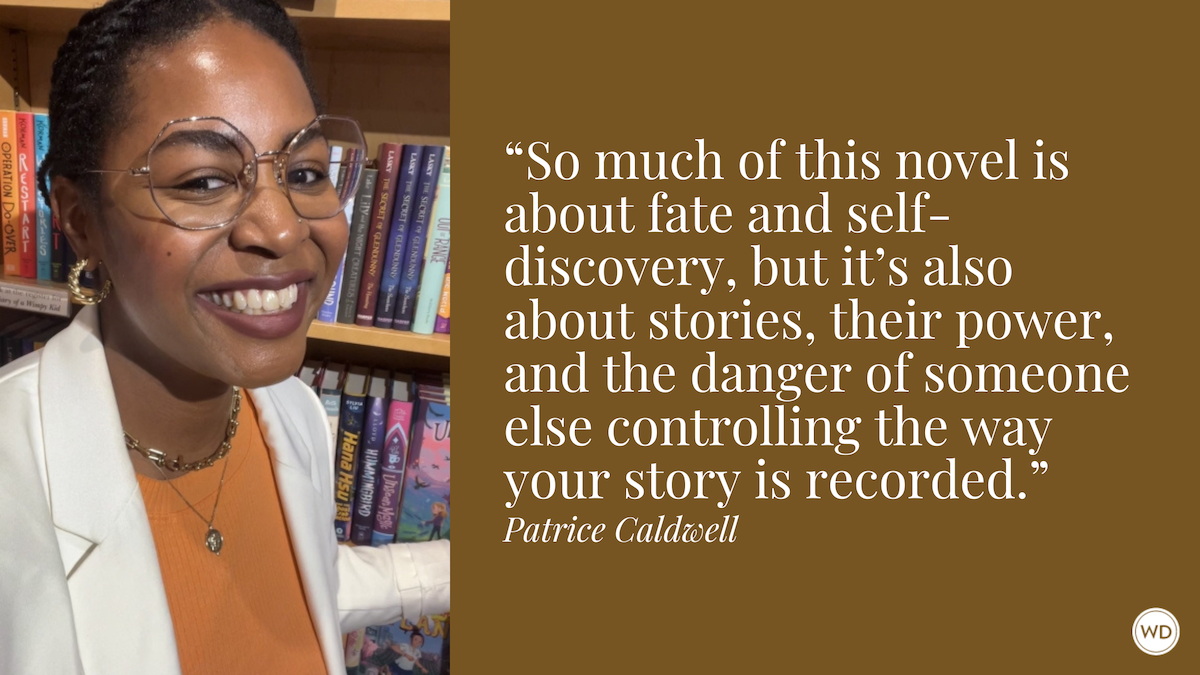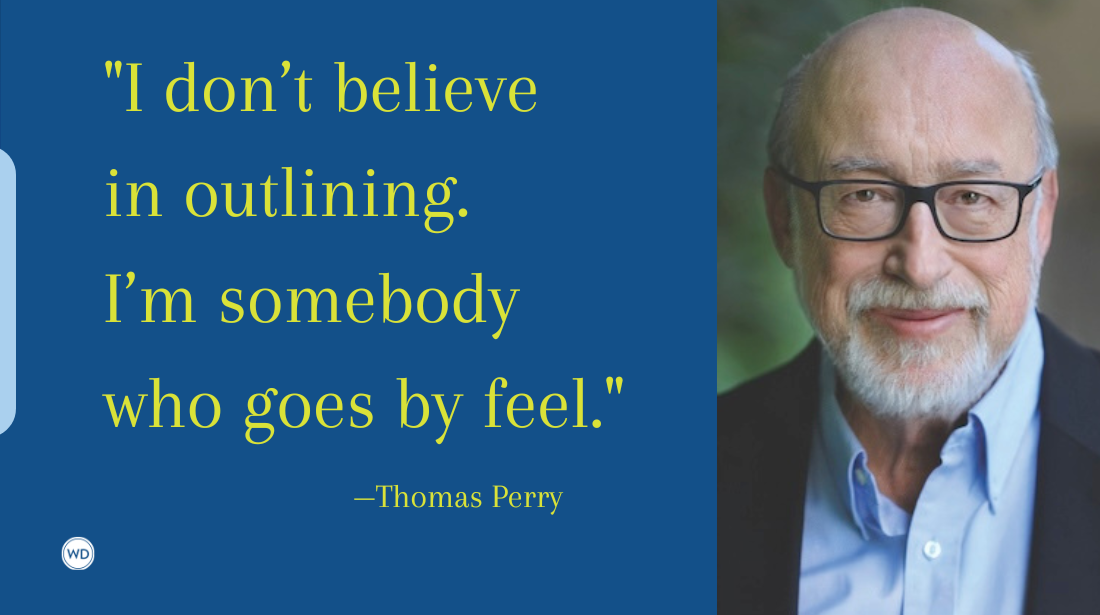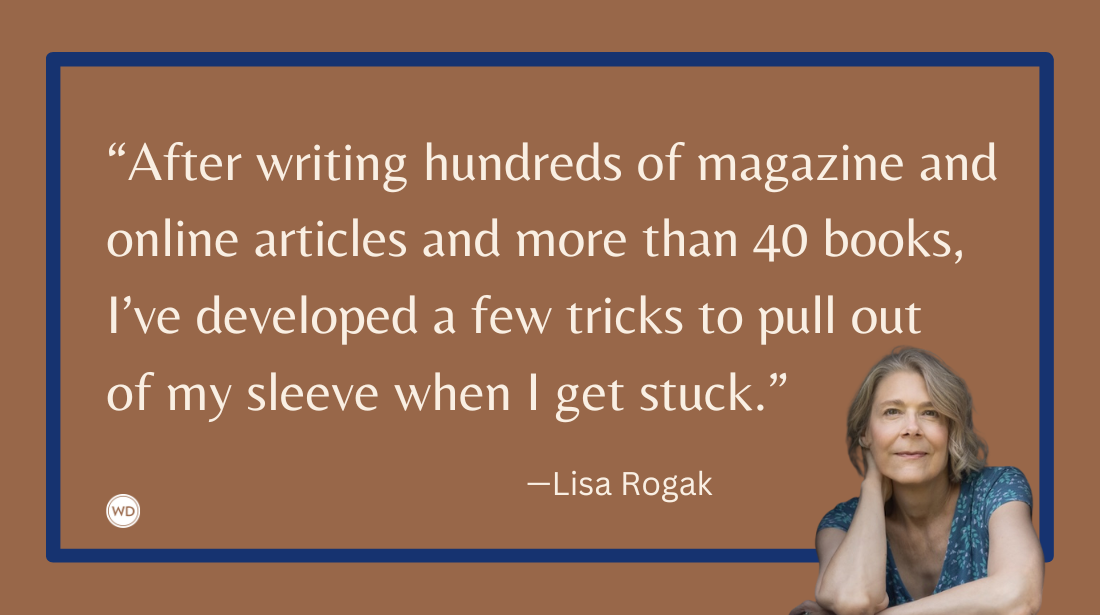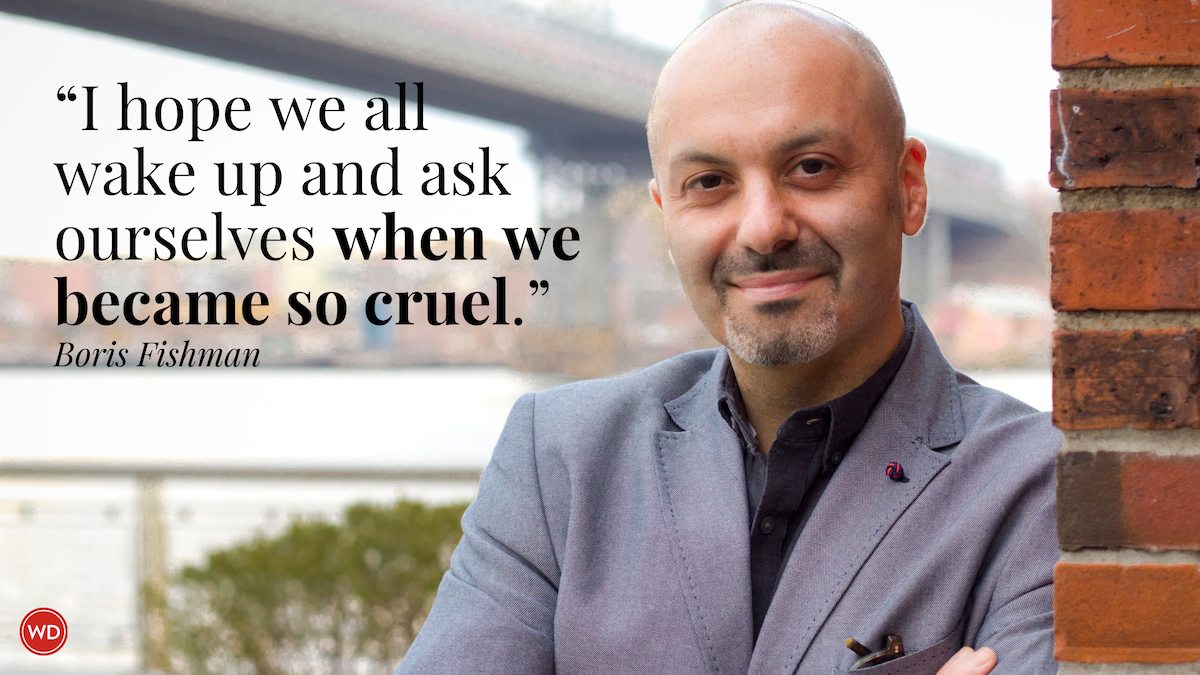Elyssa Friedland: On Letting Setting Guide You
When author Elyssa Friedland settled on the setting for her latest novel, Last Summer at the Golden Hotel, the characters and plot came to her. Here, she discusses the importance of setting.
The author of four novels, Elyssa Friedland attended Yale University, where she currently teaches creative writing, and is a graduate of Columbia Law School. Her work has been published in The Washington Post, McSweeney’s, POPSUGAR, RealSimple.com, Bustle, Modern Bride, New York magazine, Columbia Journalism Review, CBS MarketWatch.com, Yale Alumni Magazine, and Your Prom. Her previous novels have been praised by People, “SkimmReads,” Cosmopolitan, Bustle, Good Housekeeping, National Geographic, Woman’s Day, Woman’s World, Kirkus, Publisher’s Weekly, Library Journal, Booklist, and more. Learn more at ElyssaFriedland.com.
In this post, Friedland settled on the setting for her latest novel, Last Summer at the Golden Hotel, the characters and plot came to her. Here, she discusses the importance of setting and much more!
****
Name: Elyssa Friedland
Literary agent: Stefanie Lieberman
Book title: Last Summer at the Golden Hotel
Publisher: Berkley
Release date: May 18, 2021
Genre: Fiction
Elevator pitch for the book: The Golden Hotel was once the darling of the Catskills, but now its guest book is nearly empty. A tempting offer to sell brings the two owner families back to the mountains to decide not only the hotel’s future, but their own.
Previous titles by the author: The Floating Feldmans (2019), The Intermission (2018), and Love and Miss Communication (2015)
IndieBound | Bookshop | Amazon
[WD uses affiliate links.]
What prompted you to write this book?
I love writing books about families, especially when I get to dig into their secrets and dysfunction, but also explore the love and connection that ultimately bonds them. I also love to write vacation books … that’s when the wheels really come off the bus. Forced togetherness is a great setting for novels, in my opinion. It brings out the best and worst in my characters. There’s nothing that can’t happen with too much sun and alcohol.
How long did it take to go from idea to publication?
It was probably about two years from idea to publication. The idea was conceived at a lunch with my agent and editor. I knew I wanted to write another family story after The Floating Feldmans since that touched a nerve with so many readers. But I wanted to build on that by writing about two families that work together. This enabled me to delve into friendship dynamics as well and the complications of a family business, and entrepreneurship in general.
Nothing major changed throughout the process. Once I settled on the Catskills as my setting and went there on a research trip for a long weekend, the characters came to life and the plot revealed itself to me.
Were there any surprises or learning moments in the publishing process for this title?
Only that people really love Dirty Dancing. I mean, really, really, really are obsessed. When my book started to get described as a love letter to Dirty Dancing, people went crazy.
Were there any surprises in the writing process for this book?
I was surprised that it was manageable to write a book from nine different points of view. I was initially worried that the characters would start to blend together or that I would lose track of them, but I felt the book so strongly in my bones and these characters were so real to me, that it wasn’t nearly as complicated as I expected. It was joyful to bring so many people to life in the space of a novel and let the reader into their heads.
What do you hope readers will get out of your book?
I hope they are bathed in nostalgia, eager to travel again, and grateful for their families. I want readers to take stock of the way tradition and modernization collide and to think creatively about the ways they can honor their pasts while still moving forward.
If you could share one piece of advice with other authors, what would it be?
I want writers to know how much I empathize with them when they are exhausted and just want to throw in the proverbial towel. Writing takes a lot of me. I’m more tired after writing a page of new material than I am after a five-mile run (not that I do those very often). Editing can be even more grueling. But the end product is so rewarding – just keep your eyes on the finish line.
Robert Lee Brewer is Senior Editor of Writer's Digest, which includes managing the content on WritersDigest.com and programming virtual conferences. He's the author of 40 Plot Twist Prompts for Writers: Writing Ideas for Bending Stories in New Directions, The Complete Guide of Poetic Forms: 100+ Poetic Form Definitions and Examples for Poets, Poem-a-Day: 365 Poetry Writing Prompts for a Year of Poeming, and more. Also, he's the editor of Writer's Market, Poet's Market, and Guide to Literary Agents. Follow him on Twitter @robertleebrewer.






